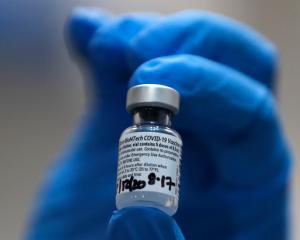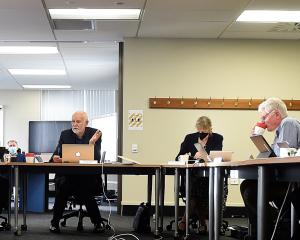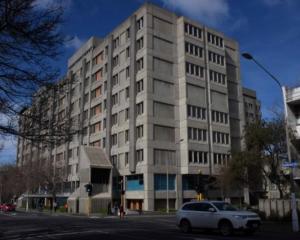He was speaking on Friday to the inaugural gut health network meeting in Dunedin, on the eve of Bowel Cancer Awareness Week, which started yesterday.
The University of Otago has established the network to promote research and collaboration.
Prof Thompson-Fawcett said bowel cancer had "lagged behind" other conditions in public recognition and funding.
Recent positive developments was the advocacy provided by patient group Beat Bowel Cancer Aotearoa, and establishment this year of national access criteria for colonoscopy.
"Funny quirks" of the healthcare system meant for a long time Southland was funded for far more colonoscopies than Otago.
As the South had New Zealand's highest bowel cancer rate, researchers were not short of clinical material, he said.
A bowel cancer screening pilot in Waitemata was a step towards improving mortality rates, although possibly not incidence, based on overseas results. This indicated the relationship between polyps and tumours was not clear-cut, he said.
The Ministry of Health appeared to have "squashed" debate about the type of screening programme used for the pilot. Flexible sigmoidoscopy had been shown in a study to be much more effective, but despite this New Zealand opted for an immunochemical faecal occult blood test.
Chemotherapy was now regularly used to treat bowel cancer, for which it was once not considered effective. However, surgery was still the most effective procedure, Prof Thompson-Fawcett said.
While it might sound "cynical", he was not convinced the quicker recovery time and other patient benefits of laparoscopic or minimally invasive surgery was worthwhile when weighed against the extra cost.
Welcoming participants to the inaugural workshop, director and gastroenterologist Dr Michael Schultz said the network's success depended on the relationships established between disciplines and interest groups.
He said the network's main interest was the overlap of several autoimmune disorders that seemed to originate in or affect the gut, including type 1 diabetes and spondyloarthritis.
"We don't start with the disease; that might be too late. We turn it around and start looking where the disease might originate.
"In our case that means considering the gut as the main organ where these diseases stem from."
The network involved researchers, clinicians, consumer groups, and pharmaceutical industry representatives.











